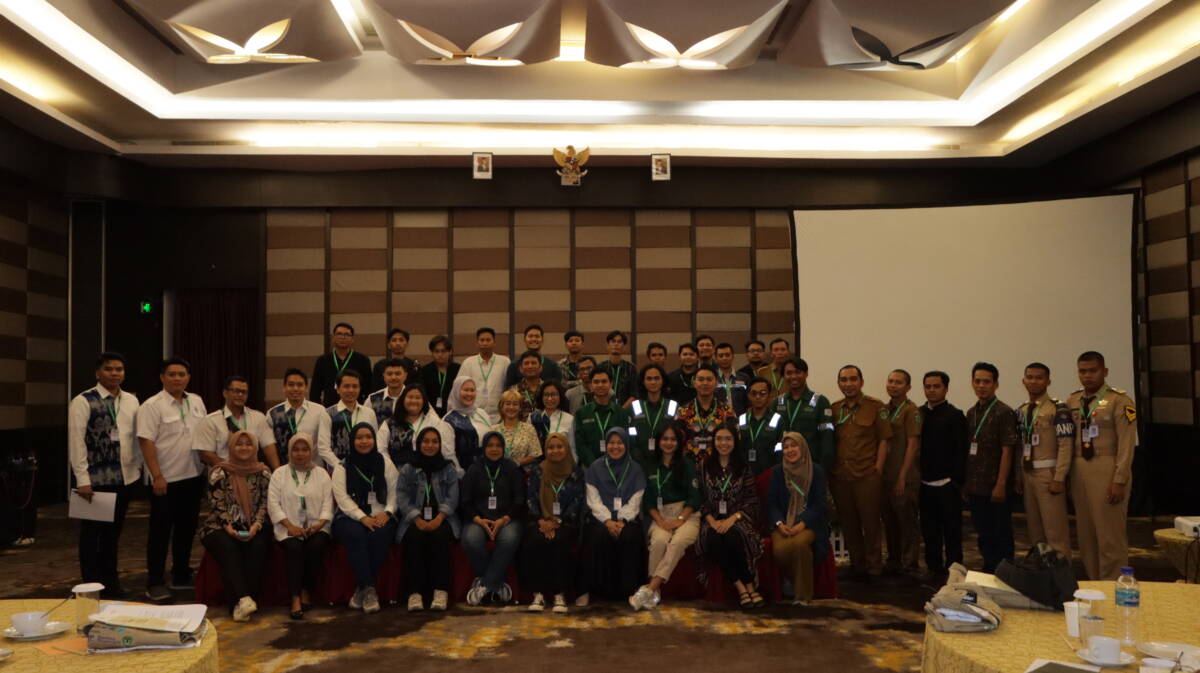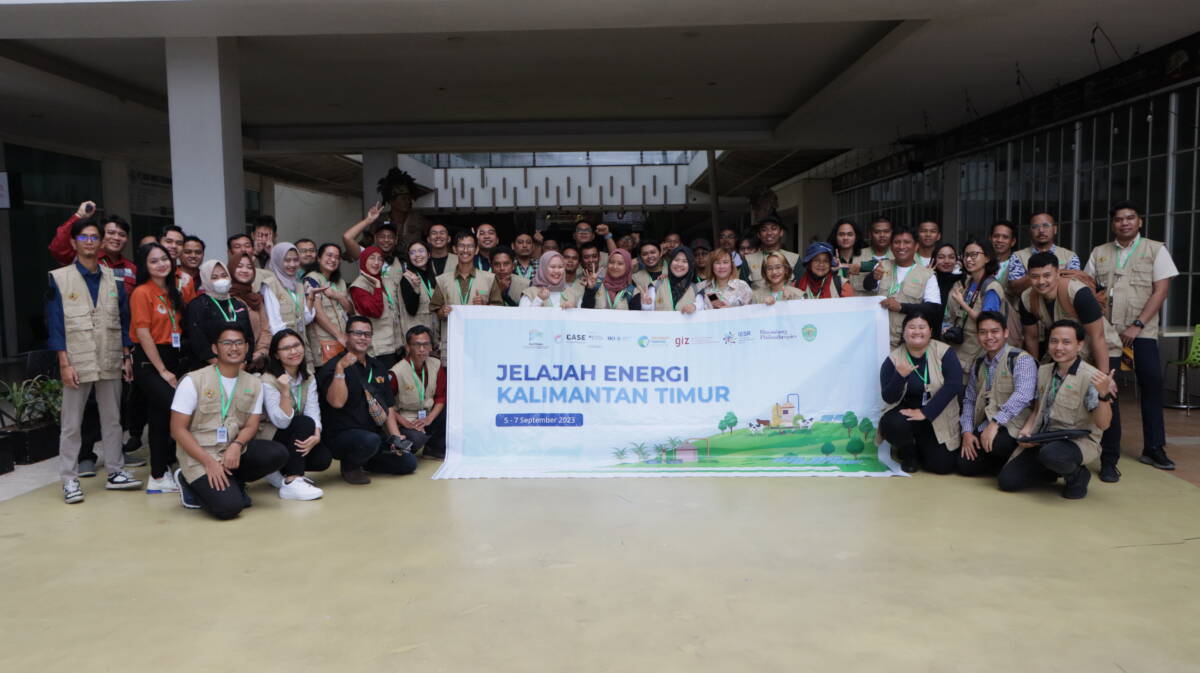
Katadata | PLN is Ambitious to Connect the Electricity Network Between Islands.
PT Perusahaan Listrik Negara (PLN) is ambitious to realize an inter-island electricity network project in Indonesia. This project is believed to maximize the po... Read more.

Cash | East Kalimantan Provincial Government Commits to Encouraging Energy Access for Communities in Isolated Areas
The East Kalimantan Provincial Government is committed to encouraging energy access for communities in isolated or remote areas. Read more on Kontan.... Read more.

Kata Data | Five Obstacles to Biomass Co-Firing to Drive the Energy Transition
The government is encouraging the implementation of biomass co-firing as a pathway to swiftly realize the transition to clean energy. However, there are several... Read more.

Warta Ekonomi | IESR Holds Jelajah Energi Kalimantan Timur, Encourages Acceleration of New and Renewable Energy Mix
The Institute for Essential Services Reform (IESR) is once again organizing the Energy Exploration event, which this time is held in East Kalimantan. Read more ... Read more.

Media Indonesia | Anticipate the Socio-Economic Impact of the Decline of the Coal Industry
DIVERSIFICATION and economic transformation must be immediately planned to anticipate the social and economic impact of the decline in the coal industry. This i... Read more.

IETD 2023: Empowering the Acceleration of the Electricity Sector Transformation in Indonesia
Jakarta, September 13, 2023 – The Indonesia Clean Energy Forum (ICEF) and the Institute for Essential Services Reform (IESR), in collaboration with the Mi... Read more.

Synergistic Movement is Crucial for East Kalimantan’s Energy Transition
Balikpapan, September 5, 2023 – The Institute for Essential Services Reform (IESR) is collaborating with the Clean, Affordable and Secure Energy in Southe... Read more.

Exploring the Implementation of Renewable Energy in Industries and Communities of East Kalimantan
Balikpapan, September 6, 2023 – The Institute for Essential Services Reform (IESR) is organizing the Energy Exploration in East Kalimantan Province in col... Read more.

Kompas | Lulled by Coal
The Our World in Data page states that at the turn of the 20th century, half of the world’s energy sources came from coal. The transition from fossil ener... Read more.

Warta Ekonomi | IESR States that the Transition from Coal to Renewable Energy Affects Economies in Producing Regions.
The Institute for Essential Services Reform (IESR) mentioned that coal demand in Indonesia is expected to decrease due to the trend towards transitioning to ren... Read more.
